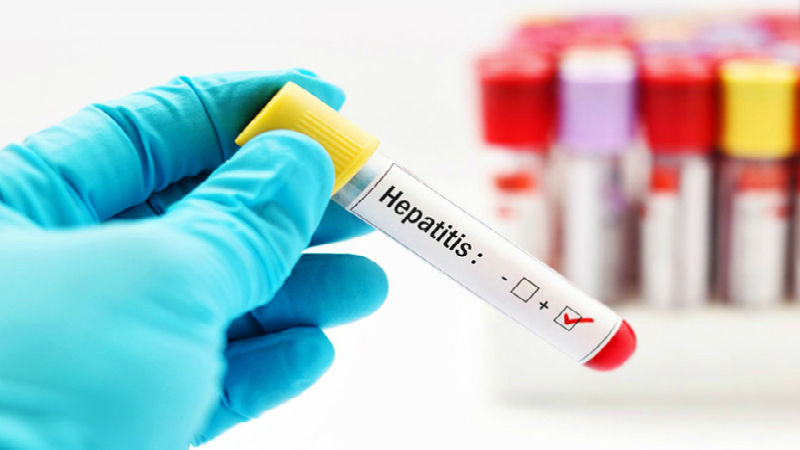The World Health Organization (WHO) has issued a stark warning that viral hepatitis could become deadlier than malaria, tuberculosis, and HIV combined by 2040 if the current infection rates persist. The alarming revelation was made as the global health body observed the 2023 World Hepatitis Day under the theme “One life, one liver.”
Hepatitis is a serious viral infection that affects the liver, causing inflammation and potentially leading to severe health complications. The disease is caused by five main types of viruses: hepatitis A, B, C, D, and E. Among these, hepatitis B and C are the most concerning, responsible for the majority of hepatitis-related deaths worldwide.
Hepatitis B and C infections can be chronic, leading to liver cirrhosis, liver failure, and even liver cancer if left untreated. While hepatitis A and E usually cause acute infections, hepatitis B and C infections can become chronic and persist for years.
According to the WHO statement, hepatitis is responsible for causing liver damage and cancer, resulting in over a million deaths each year. Among the five types of hepatitis infections, hepatitis B and C are the primary culprits behind most of the diseases and fatalities.
In particular, WHO pointed out that hepatitis C can be cured, yet only a mere 21% of individuals living with the infection are diagnosed, and a mere 13% have received the life-saving curative treatment. Similarly, a meager 10% of people with chronic hepatitis B receive a proper diagnosis, and only 2% of those infected are receiving essential medication.
Dr. Tedros Adhanom Ghebreyesus, the Director-General of WHO, stressed the importance of protecting the liver against hepatitis to ensure a long and healthy life. He highlighted that good liver health significantly benefits other vital organs, including the heart, brain, and kidneys, which rely on the liver to function effectively.
Despite the availability of preventive measures and treatment options, numerous individuals worldwide remain undiagnosed, prompting Dr. Tedros Adhanom Ghebreyesus to call for expanding the use of cost-effective curative medications to save lives and eradicate hepatitis.
To combat the rising hepatitis epidemic, the WHO urged global communities to prioritize access to treatment for pregnant women and vaccinations for infants at birth. The organization outlined several crucial measures that countries should take, including ensuring access to treatment for all pregnant women with hepatitis B, providing hepatitis B vaccines to newborns, diagnosing 90% of people living with hepatitis B and/or C, and offering treatment to 80% of all diagnosed cases.
Furthermore, WHO emphasized the importance of taking action to ensure safe blood transfusions, administering safe injections, and implementing harm reduction strategies.
Vaccination plays a vital role in preventing hepatitis B infections in children, and the WHO highlighted that the target for hepatitis B incidence is the only Sustainable Development Goal health target that was met in 2020 and is on track for 2030. However, the organization noted that many countries in Africa still lack access to the birth dose of hepatitis B vaccines.
In line with WHO recommendations, all pregnant women should be tested for hepatitis B during their pregnancies, and if positive, they should receive treatment. Additionally, vaccines should be provided to their newborns to eliminate mother-to-child transmission. Unfortunately, a new WHO report indicated that only 32 out of 64 countries with a policy on hepatitis B screening and management in antenatal clinics have implemented these activities.
For individuals seeking to maintain liver health, WHO emphasized the importance of hepatitis testing, prompt treatment if diagnosed, and vaccination against hepatitis B. Reducing alcohol consumption, achieving a healthy weight, and managing diabetes or hypertension were also cited as beneficial measures to support liver health.
As World Hepatitis Day 2023 concludes, WHO remains committed to supporting countries in their efforts to tackle hepatitis, urging global collaboration to prevent this silent killer from claiming millions of lives in the years to come.



